
Patients with endometriosis are nearly four times as likely to develop rheumatoid arthritis (RA) than those without endometriosis, according to a study in the Journal of Women’s Health.
Freelance writer for Contemporary OB/GYN

Patients with endometriosis are nearly four times as likely to develop rheumatoid arthritis (RA) than those without endometriosis, according to a study in the Journal of Women’s Health.

Postmenopausal vaginal symptom severity is not significantly linked to vaginal microbiota or mucosal inflammatory markers, according to a small study in the American Journal of Gynecology & Obstetrics.
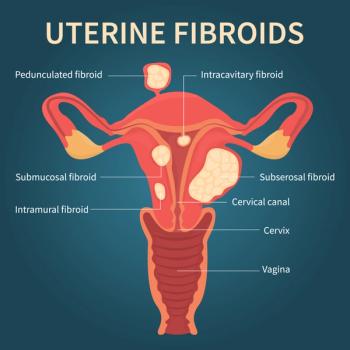
A 4-year follow-up of a randomized control study comparing uterine artery embolization (UAE) to myomectomy for treating women with uterine fibroids has concluded that myomectomy achieves greater improvement in quality of life.
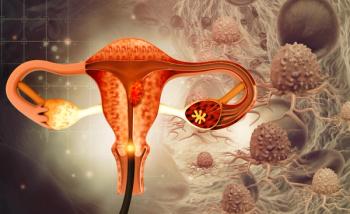
A study in the Journal of Minimally Invasive Gynecology concluded that, in select pateints with deep infiltrating endometriosis (DIE) whom do not require bowel or ureteral resection, bladder function significantly improves after surgery, both during filling and in voiding urodynamic phases.

Uterine fibroids (UF) with heavy menstrual bleeding (HMB) pose a significant economic burden—mostly due to surgical and procedural costs and treatment, according to a claims analysis in the Journal of Women’s Health.
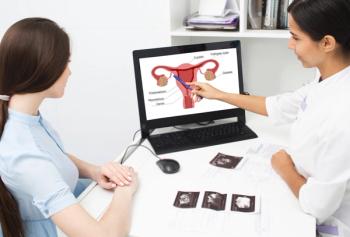
“Over 70% of women are estimated to develop uterine fibroids by age 50,” said senior author Irene Aninye, PhD, chief science officer for the Society for Women’s Health Research (SWHR) in Washington, D.C. “Fibroids are a complex condition that can range from being asymptomatic to having deleterious effects on a woman’s health and quality of life.”

A different perspective on designing transfersomal nanocarriers of nystatin to treat vulvovaginal candidiasis (VVC) is reflected in a prospective in-vitro study in the journal Colloids and Surfaces B: Biointerfaces.
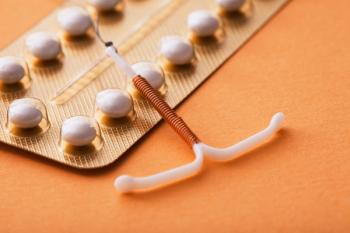
Contraceptive effectiveness is determined by several factors, including drug or device efficacy, individual fecundability, coital frequency, and user adherence and continuation.

A review and meta-analysis in JAMA Network Open revealed women exposed to marijuana in pregnancy were at significantly increased risk for adverse neonatal outcomes, including low birth weight, small for gestational age, and preterm delivery.
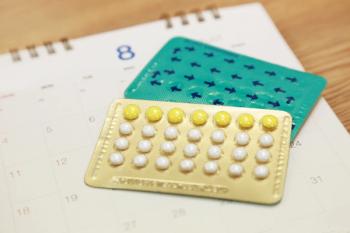
While the use of combined oral contraceptives (COCs) among patients with rheumatoid and autoimmune disorders have focused on safety, a narrative review in the Journal of Obstetrics and Gynaecology Research highlighted the efficacy and benefits of these contraceptives in females with rheumatoid arthritis (RA).
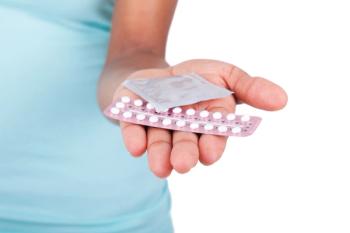
Combined oral contraceptives were found to be moderately more efficacious than placebo for treating overall premenstrual symptomatology in women with premenstrual syndrome (PMS) or premenstrual dysphoric disorder (PMDD).

A study in the International Journal of Gynecology & Obstetrics found that transperineal ultrasound (TPU) signs of pelvic floor muscle hypertonia are more prevalent in endometriosis patients with chronic constipation than in those without.

Women with severe menopausal symptoms are likely to experience significantly greater cognitive decline than their counterparts with mild menopausal symptoms, according to a cross-sectional study in the journal Menopause.

For preeclampsia, multifetal gestation was the most common high-risk factor among pregnant patients who gave birth in the United States in 2019.

Research in the journal Cell Reports concludes that the discovery of a hormone-sensing pathway in Candida albicans, which enables the fungus to adapt to estrogen, could help explain gender biases linked to fungal infections and might provide an alternative approach to improving women's health.
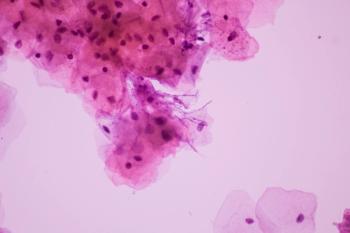
Women with non-albicans Candida (NAC) vulvovaginal candidiasis (VVC) were nearly twice as likely to have multiple physician visits for recurring infections compared to women who had C. albicans (CA) VVC, according to a retrospective chart review in the Journal of Women’s Health.

An oral probiotic formula for the secondary prevention of vulvovaginal infections in pregnant women neither colonized in the vagina nor reduced the rate of repeated vulvovaginal infection, according to a study in the American Journal of Gynecology & Obstetrics.
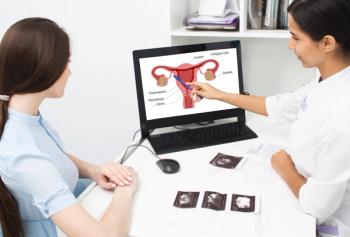
A phase 2, multicenter study has found relugolix (Myfembree; Myovant Sciences) significantly decreases menstrual blood loss in women with uterine leiomyomas and is mostly well tolerated. Relugolix is a small molecule gonadotropin-releasing hormone (GnRH) receptor antagonist.

A clinical study has confirmed that the pathophysiology of recurrent vulvovaginal candidiasis (RVVC) relies primarily on Candida albicans (C. albicans)-specific attributes like hyphal morphogenesis, biofilm formation and pathogenesis that differentiate it from other prominent non-albicans C. (NAC) species.
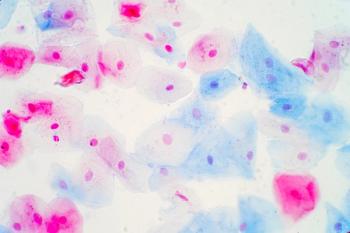
Autophagy is a controlled lysosomal degradation pathway that protects cells and allows to overcome cell death.
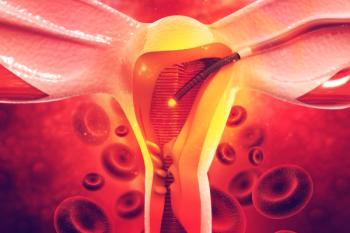
The authors noted that both primary options for treatment are currently being debated as to their efficacy and safety.

A case report of infiltrative endometriosis without endometrioma underscores the need to consider endometriosis in the differential for patients with pelvic masses and to recognize possible features that might indicate the diagnosis.

Among women with vulvovaginal candidiasis (VVC) or recurrent VVC (RVVC), the 3 most common signs and symptoms are itching (91.2%), burning (68.3%), and redness (58.1%), according to an online patient survey in BMC Womens Health.

Because the mechanism of action of medical-grade honey (MGH) is based on enhancing wound healing and exerting strong broad-spectrum antimicrobial activity, MGH may also help to treat recurrent vulvovaginal candidiasis (RVVC), according to a review in the Journal of Fungi.
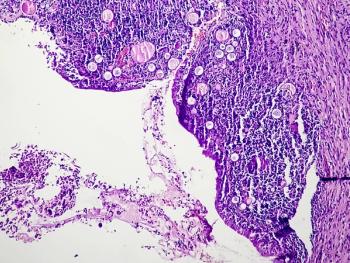
A literature search revealed there is no international agreement on how to characterize or classify endometriosis.

Because many groups have a stake in newborn screening, “Who will take responsibility for integrating varying perspectives to modernize newborn screening?” Bailey pondered. “Funding and auspice will be critical decisions.”

Pooled estimates for chlamydia and/or gonorrhea were also null, but LARC users were significantly more likely to contract trichomoniasis infection compared to oral contraceptive users.

Half of prisons and over 80% of jails in the United States allowed postpartum permanent contraception, according to a study in the journal Contraception.

The findings support previous research demonstrating that increased access to emergency contraception does not compromise use of other more effective methods or lead to an increase in reported levels of unprotected sexual intercourse, according to Hawkins.

Many adolescents across the United States lack quality sex education, a trend that has worsened in recent years. Moreover, national statistics mask significant inequities in the receipt of formal sex education by gender, race and ethnicity, sexual orientation, and the location of instruction, according to a study in the Journal of Adolescent Health.